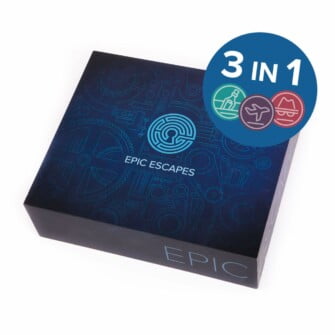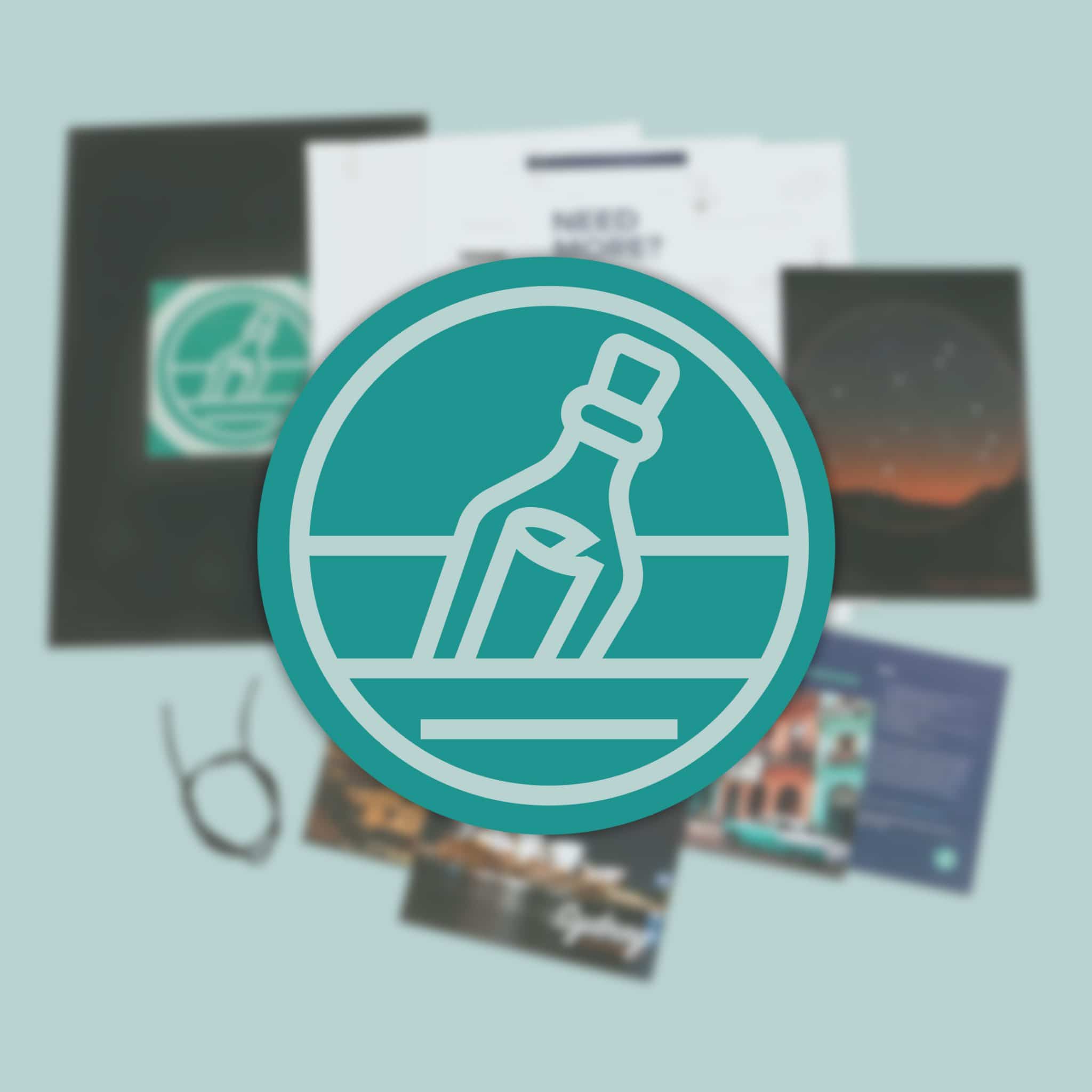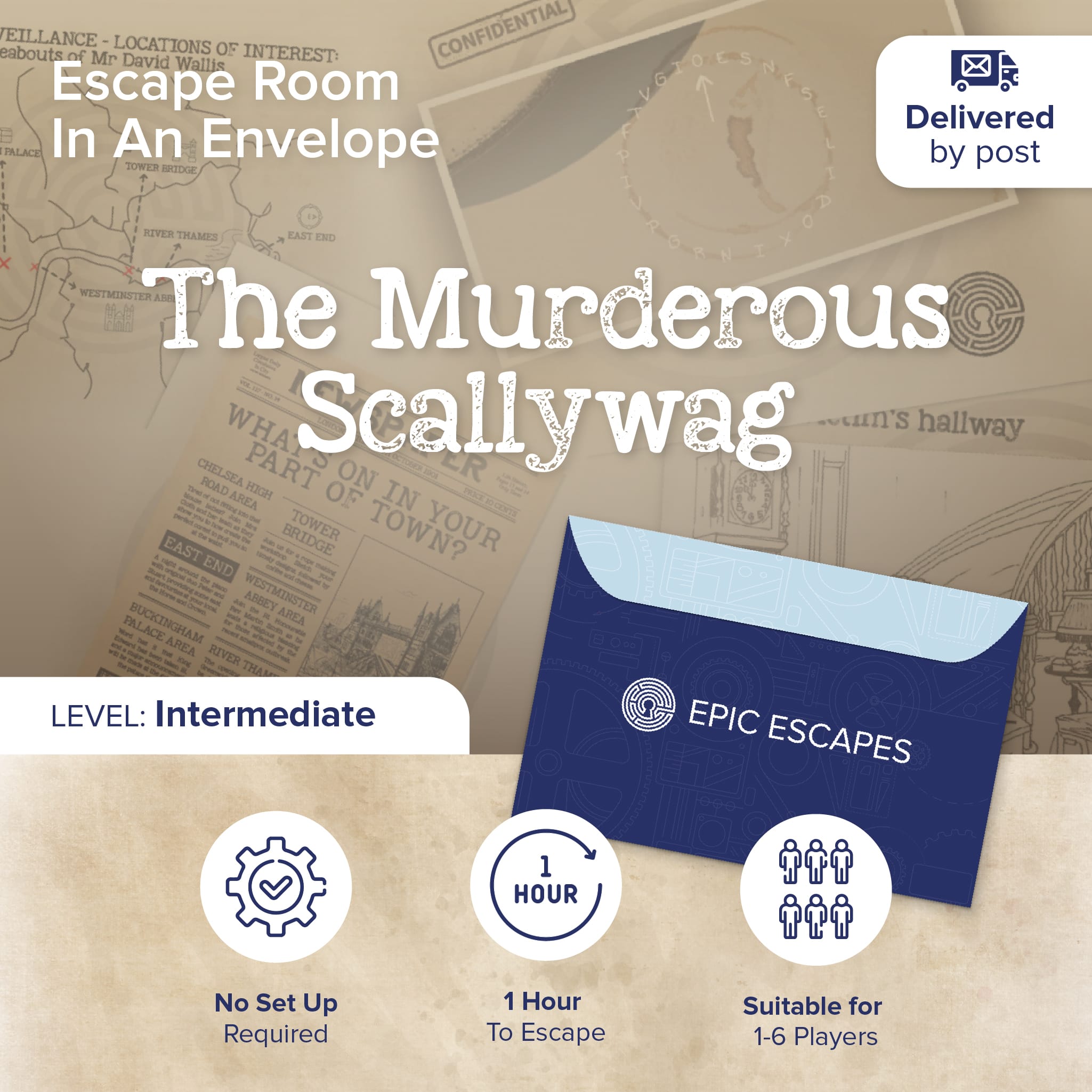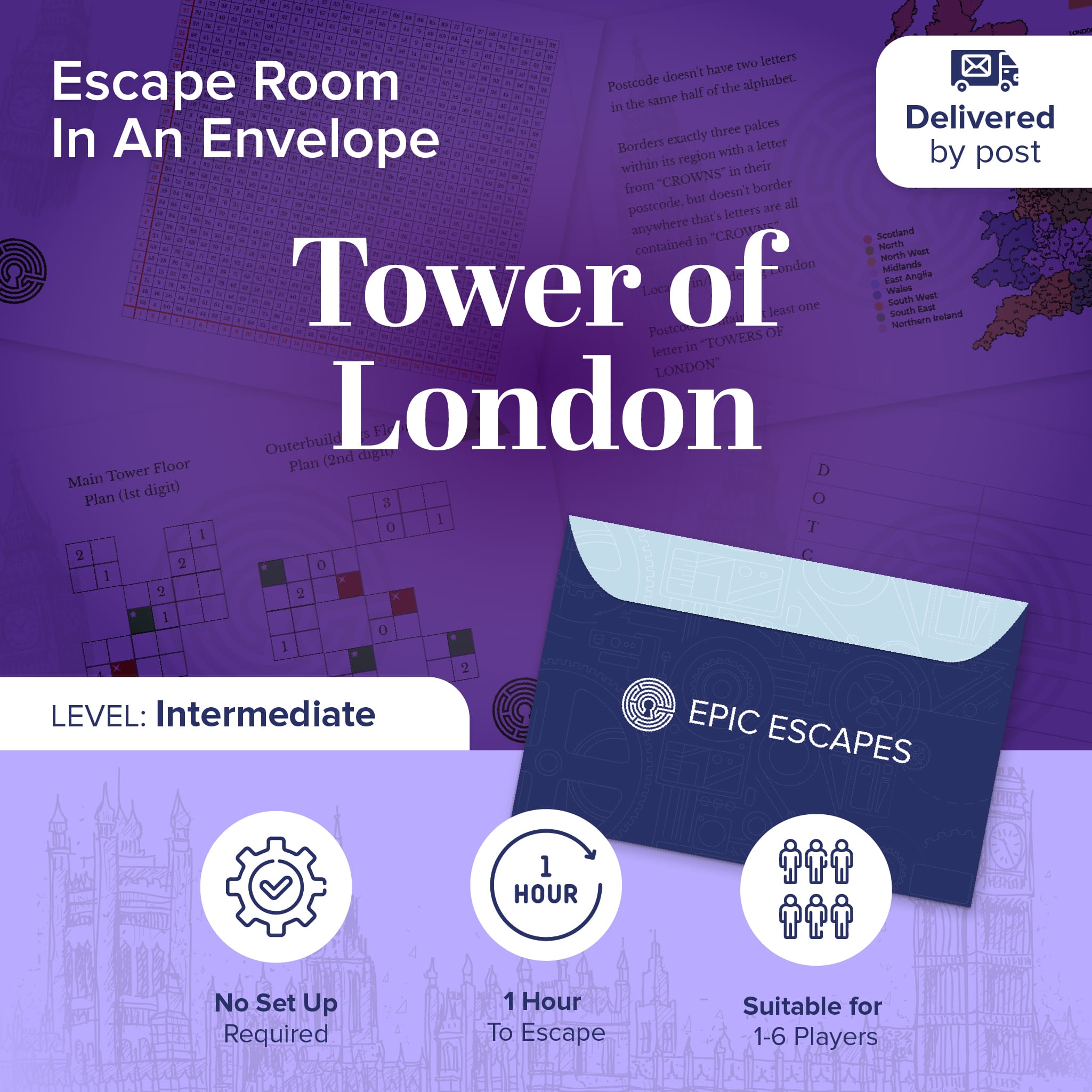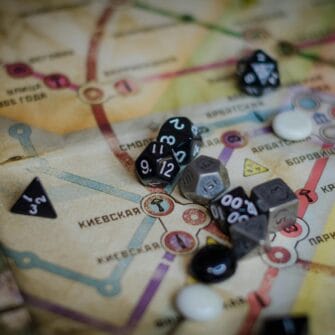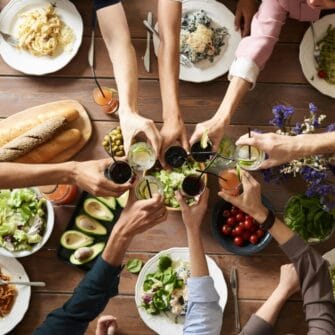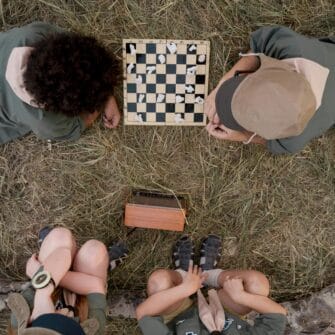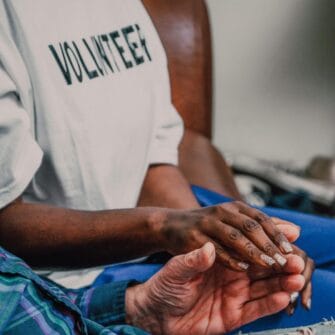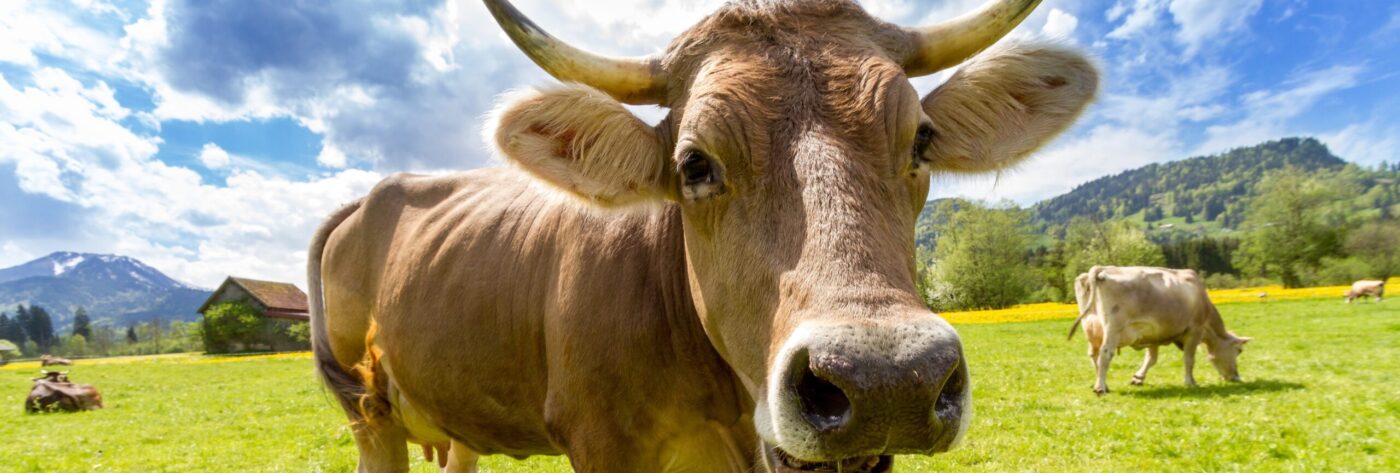Welcome to “Cow or Car”!
You’re a part of a game show with three doors.
Behind one door is a brand-new car, and the other two doors reveal a cow.
The game show host, who knows what’s behind each door, asks you to pick one door.
After you pick a door (say Door #1), the host, who knows what’s behind all the doors, opens another door (say Door #3), which reveals the cow.
Now the host gives you a choice: stick with your original choice (Door #1) or switch to the unopened door (Door #2).
Is it to your advantage to switch your choice?
It is to your advantage to switch doors. This problem is actually a famous probability puzzle known as the Monty Hall problem.
When you initially choose a door, there is a 1 in 3 chance that you pick the car and a 2 in 3 chance that you pick a cow. This probability doesn’t change after the host opens one of the remaining doors.
However, when the host, who knows what is behind each door, reveals a cow behind one of the doors you did not pick, it changes the odds. The host will always reveal a cow (since if your first choice was a cow, the host only has cows to reveal). So after the host has revealed a cow, the probability that the car is behind the door you initially chose remains 1 in 3, but the probability that the car is behind the other unopened door increases to 2 in 3.
Therefore, you double your chances of winning the car if you decide to switch doors after the host reveals a cow.

